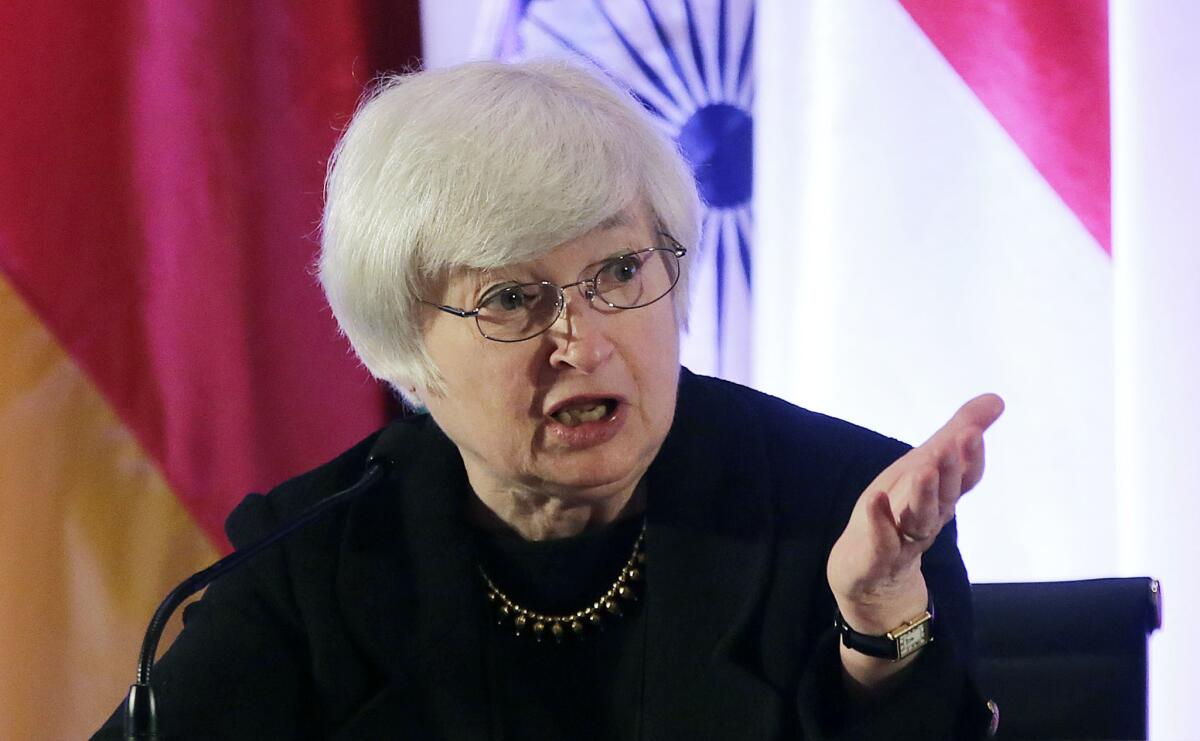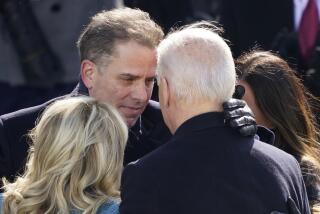Obama’s Fed drama

Over the weekend, Larry Summers ended his quest to chair the Federal Reserve.
At least, that’s what we heard. But was it really “his” quest? Or was he drafted by former colleagues, mentors, supporters and friends, including President Obama? We do not know for sure. All we can say is that his name “surfaced” — and that Summers would have been an atypical nominee.
For more than two decades, the Fed has been a conservative fief, with Democratic presidents reappointing Republican chairs. This time, quite exceptionally, it seemed the choice would be between two liberal Democrats, both of them monetary doves. One was Summers; the other is Janet Yellen, currently vice chair of the board.
Summers drew immediate fire, mostly from liberals. Some were from Harvard, where, as president, he’d alienated many faculty with, among other things, his ill-chosen remarks about women and his handling of a U.S. government lawsuit over dealings between Harvard and Russia. Some foes focused on his time at Treasury under Bill Clinton, when the Glass-Steagall law regulating banks was repealed and the Commodity Futures Modernization Act, which outlawed regulation of derivatives, was passed. Some judged him for his income from Wall Street, including his huge speaking fees and the money he made working for a hedge fund. And his abrasive personality and bruising personal style didn’t make him many liberal friends.
In the field of bank regulation, Summers’ record is awful. But there is another reason why liberals dislike him. Some progressives are drawn to symbolic solutions, to sexy reform proposals that can be written up as bills. Campaigns to bring back the Glass-Steagall Act and the Volcker Rule are recent examples of this. Summers does not play that game.
In his book “The Escape Artists,” Noam Scheiber portrayed Summers as a force for restraint in the 2009 stimulus debates. That too cost him — unfairly — some liberal support. It now seems clear that he was a strong advocate of expansionist policies, though with tactical reservations that muddied the view from outside. On the other hand, there were esoteric matters relating to the bailouts — the Summers-Timothy Geithner toxic-assets plan for the big banks, for example — that might have brought deserved criticism had they been better understood.
The other front-runner, Yellen, doesn’t have Summers’ enemies, but there is little difference in their views on money. One point of divergence seems to be that Summers is more skeptical of the powers of quantitative easing. On that point, in my judgment, he’s right. Quantitative easing helps the banks but does little for the economy.
So the battle was symbolic, a fight of outsiders against insiders, of Wall Street allies against regulators, prosecutors, women and populists.
Neither Summers nor Yellen played any visible role in it; they appeared as observers, while the battle blew around them. For my part, not least since my views don’t matter, I ducked a few invitations to join in. This was partly personal: My rare exchanges with Summers have been cordial, and I owe him for acts of grace in 2006, at the end of his Harvard presidency, when my father died.
In the end, the White House decided that to win Senate confirmation would require a costly fight. This showed they have good vote-counting skills.
But it was also a failure of nerve. If Obama had gone ahead and named Summers without giving advance signals, he might have confronted the doubts and won out in the Senate. Testing the waters can be a political mistake.
But there is also a deeper lesson about the Federal Reserve Board to be learned. Since the mid-1970s, the Humphrey-Hawkins oversight process — especially the regular hearings before Congress — has turned the Fed chair from an obscure bureaucrat into a celebrity. This greatly exaggerates the importance and power of the central banker. Summers’ strength would have been in that external role, exaggerated though it is. He would have been especially good if we needed to bully the Germans or to stand firm before the Chinese.
But there are other things too on which the next Fed chair must focus. She must regulate forcefully — for the first time in decades. On money issues, she should not to promise too much. A calm manner will help, in times of turmoil. And, above all, the next chair should take an overexposed agency back, a step or two, from the limelight. In the end, although the Federal Reserve has a big soapbox, it has little true margin of maneuver.
If the president now turns to Yellen, he may have found just the right person for the job.
James K. Galbraith teaches economics at the University of Texas at Austin. He is the son of the late economist and Harvard professor John Kenneth Galbraith.
More to Read
A cure for the common opinion
Get thought-provoking perspectives with our weekly newsletter.
You may occasionally receive promotional content from the Los Angeles Times.





